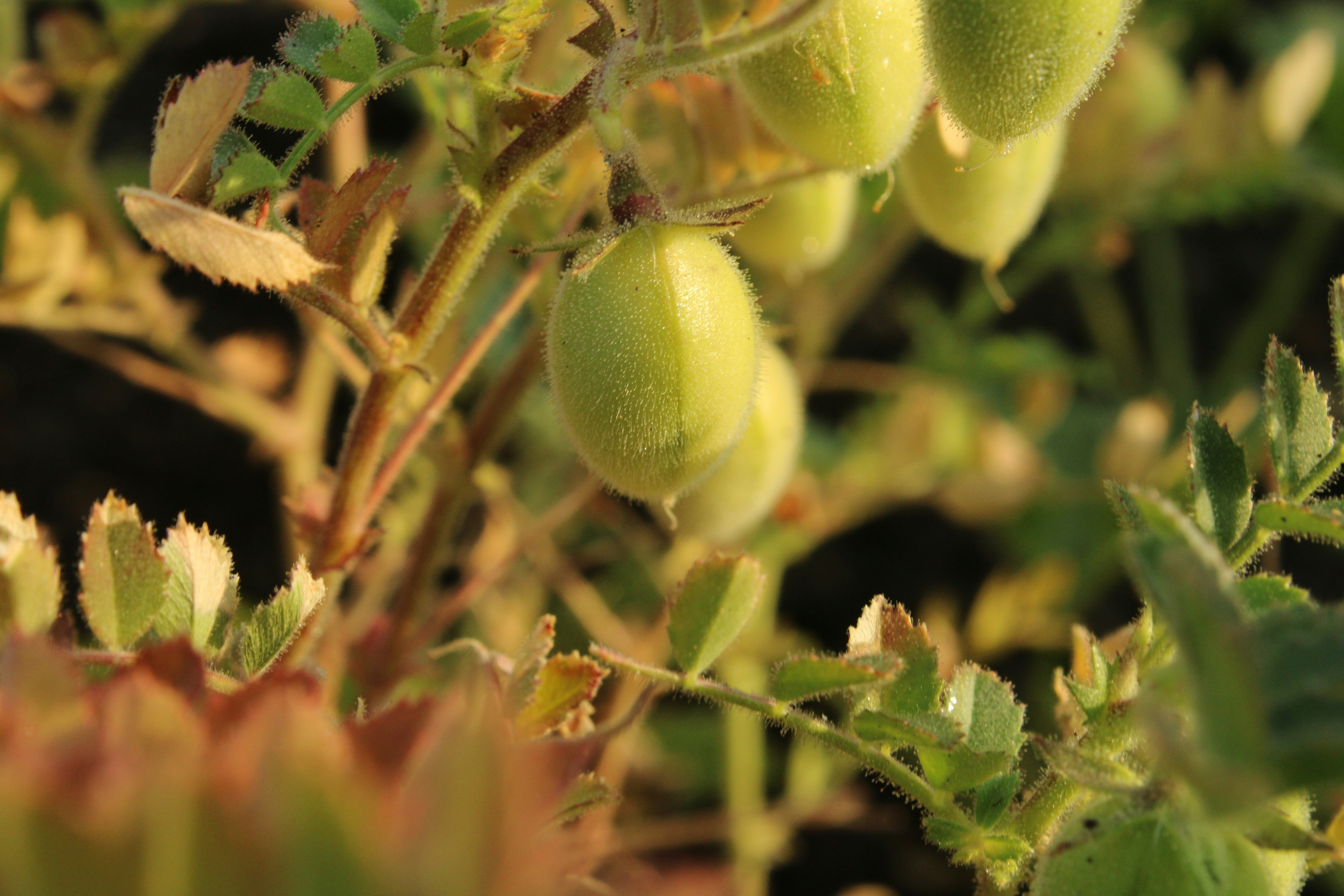
University of Southampton researchers are leading a new effort to prepare the UK food system for climate change.
The Novel and Underutilised Crop Network (NUCNet) will bring together researchers from around the country in a coordinated effort to identify the opportunities and barriers to growing crops like lentils, chickpeas, sunflowers and others in the UK.
The team includes researchers from the Universities of Southampton, Dundee, Reading, and the National Institute of Agricultural Botany and has secured £645K of funding from the Biotechnology and Biological Sciences Research Council (BBSRC).
They will be working with farmers, retailers, and community groups to see how we can utilise crops that are rarely grown in the UK today but could be crucial to our food security in the future.
Currently, UK farming is heavily reliant on a small number of crops, mainly wheat, barley and oilseed rape. This is a problem because extreme weather and new pests brought about by climate change could damage harvests, threatening our food security. Already, billions of pounds have been lost because of climate change-related floods and droughts. Diversifying what we grow and adding crops that are more resistant to extreme weather would make UK farming more resilient.
Several groups of researchers around the country are already working on this. The new network is a way of bringing these experts together, directing and stimulating future research activity, engaging with stakeholders, and influencing policy.
"There are a lot of unknowns about how this transition might take place, from the practical challenges facing farms to whether it is economically viable," says Professor Mark Chapman , the project lead, from the University of Southampton.
"The new network will coordinate research efforts to provide evidence for system level change to the UK food system. Crucially, this means engaging directly with producers, supermarkets, and communities to understand their perspectives."
The network is particularly keen to engage with young people, as they will be the generation at the forefront of climate change who will experience this transition first-hand.
"We know that by 2100, the climate will be at least 1.5 degrees hotter than it is today," says Professor Chapman. "So, we need to teach young people about which crops will and will not be suitable in these conditions.
"We also want to educate them about small changes they can make in their own diet that can help put us on path which limits these temperature rises as much as possible."






